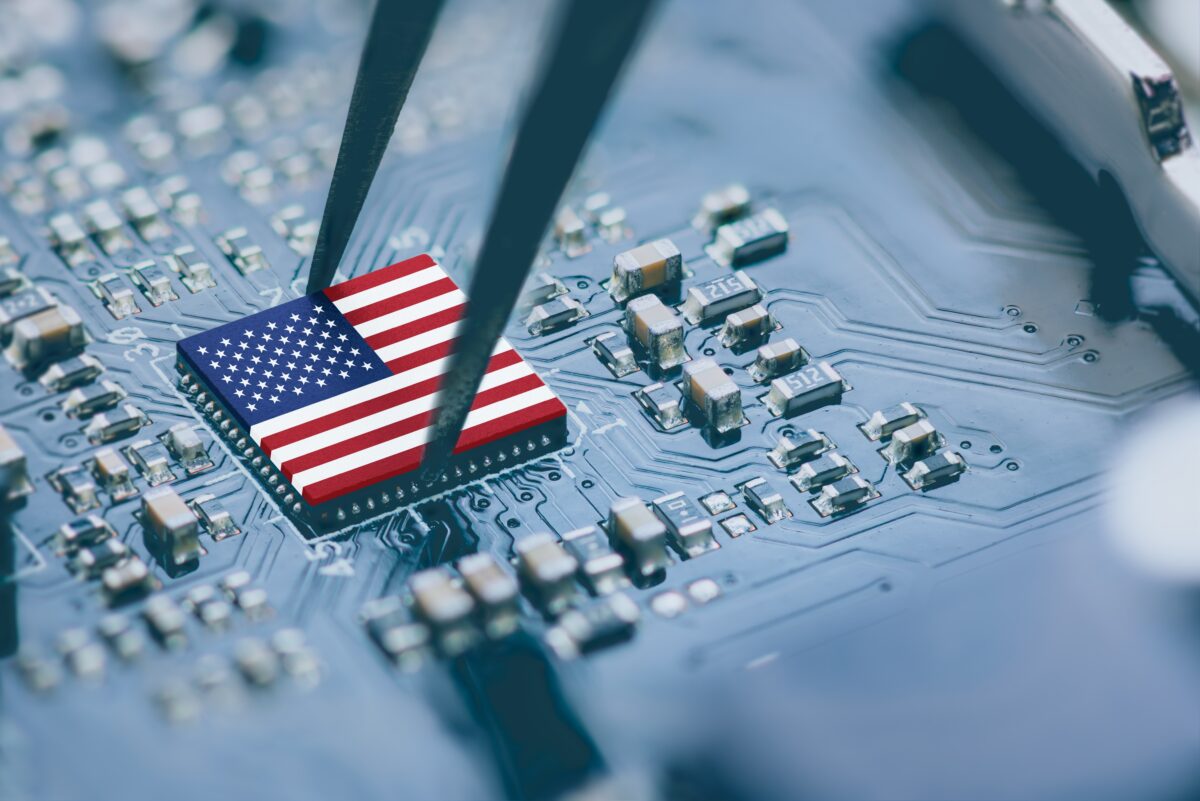US/China Sanctions
New rules
Following the introduction of strict export controls in 2022, China and the US may both struggle to operate normally. The sanctions, introduced by the Biden administration on October 7 2022, prevents US businesses selling products or services to Chinese semiconductor manufacturers.
The export controls stop the sales of new semiconductor technology to China. It also stops the sale of chipmaking equipment and the migration of highly skilled staff to operate them.
After the sanctions were introduced in October last year, many semiconductor companies lost a combined total of around $240 billion of stock value almost overnight.
China uses around 75% of the global supply, while they only produce 15% the world’s chips.
What effect they will have on China
The issue may arise since China’s equipment manufacturing is a few years behind the US. This means there will be a lack of replacements for the equipment they currently purchase from America. The new restrictions could encourage Chinese chipmakers to use older technologies to try and reproduce new tech.
Other Asian countries with large chip manufacturers may also be affected by the sanctions, including Taiwan and Korea.
Tech self-sufficiency has been a goal of China for quite a while, emphasised again last year by Xi Jinping. But these sanctions may put strain on until that goal is achieved. The country is, however, boosting investment in chips according to a source.
According to the source, who spoke to Reuters, said China would invest around $143 billion
What effect they will have on the US
The sanctions won’t stop the US semiconductor market from growing, but experts say it’ll definitely slow progress.
The Chips and Science Act, passed into law around the same time as the sanctions, details several incentives for domestic chip manufacturers. The Act details $280 billion in spending over ten years in various areas, including in R&D and manufacturing.
The US may also be putting themselves in a precarious position, since China could easily restrict exports of other materials. Many of the rare earth metals used in semiconductors or in their manufacture are sourced from China. The country has the largest percentage share of rare earth metals, with 37.9% of the world’s supply from there. The US, in contrast, has 1.3%.
With investments on both sides, it is going to be an interesting landscape to watch change in the coming years.
The most effective decision
Lantek’s global network of contacts and extensive stocklist means we can provide a huge range of electronic parts for you. We’re the obvious choice for all electronic components, so call us today on 1-973-579-8100, or contact us at sales@lantekcorp.com.


